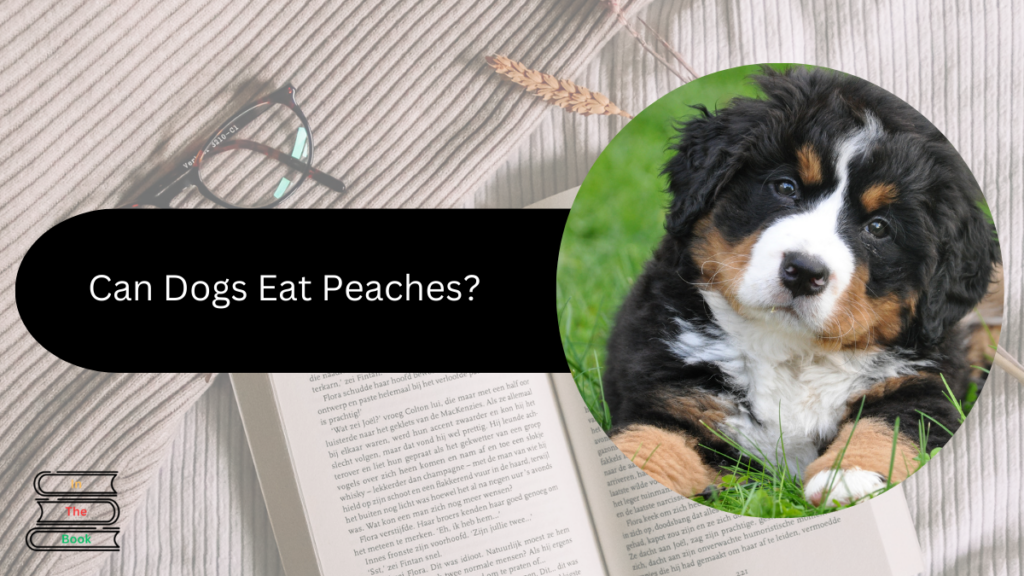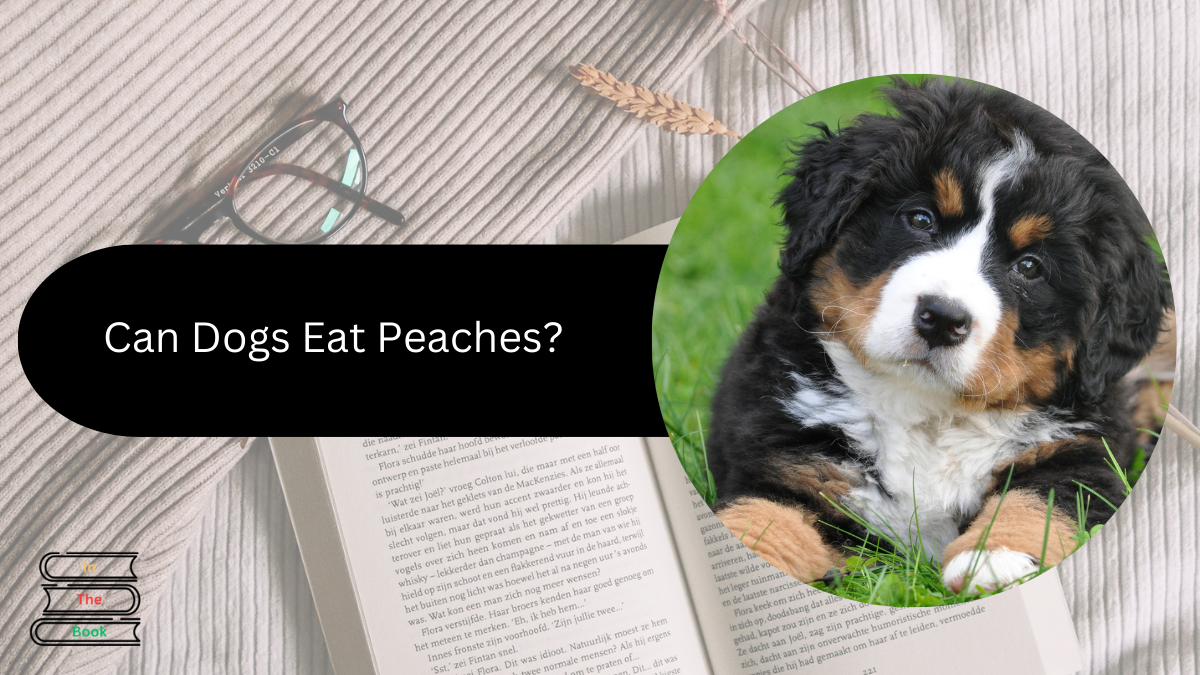If you’re wondering, “Can dogs eat peaches?” you’re not alone. As pet owners, we often want to share our favorite snacks with our dogs, but it’s important to know which foods are safe. Peaches are a popular, juicy fruit, but before you offer a slice to your furry friend, let’s explore whether peaches are a safe treat for dogs and how to serve them properly.

Contents
Are Peaches Safe for Dogs?
The simple answer is: Yes, dogs can eat peaches. This fruit is packed with essential nutrients that can benefit your dog’s health, but there are a few precautions to take. If you serve peaches correctly and in moderation, they can be a healthy treat for your pup.
Health Benefits of Peaches for Dogs
Peaches aren’t just delicious—they can also provide several health benefits to your dog when fed appropriately. Here’s how peaches can contribute to your dog’s well-being:
- Rich in Vitamins: Peaches are a good source of Vitamin A and Vitamin C, both of which support immune health and skin vitality.
- Fiber-Rich: The fiber in peaches can help with digestion, promoting a healthy digestive system and regular bowel movements.
- Low-Calorie Snack: Peaches are naturally low in calories, making them a good option for dogs who need to maintain a healthy weight.
Nutrients in Peaches
| Nutrient | Benefit for Dogs |
|---|---|
| Vitamin A | Supports healthy vision and immune function |
| Vitamin C | Helps reduce inflammation and promotes healthy skin |
| Fiber | Supports digestion and regularity |
| Potassium | Helps maintain heart and muscle function |
Risks of Feeding Peaches to Dogs
While dogs can eat peaches, there are a few risks to keep in mind:
- Peach Pits: The pit inside peaches is a choking hazard and contains cyanide, which is toxic to dogs. Always make sure to remove the pit before giving your dog any peach.
- Excess Sugar: Peaches contain natural sugar, which is fine in small amounts, but too much sugar can lead to obesity, diabetes, or upset stomach in dogs.
- Pesticides: Non-organic peaches can have pesticide residues. It’s always best to wash them thoroughly or choose organic peaches.
How to Safely Feed Peaches to Your Dog
If you’re still wondering, “Can dogs eat peaches in a safe way?” here’s how to ensure your dog enjoys this fruit without harm:
- Remove the Pit: Always remove the pit before giving your dog any peach. The pit poses a choking hazard and also contains toxic substances.
- Serve in Moderation: Like any treat, peaches should only be given in small amounts. Overeating fruit can cause digestive issues, such as diarrhea.
- Cut into Small Pieces: Cutting peaches into small, manageable chunks makes it easier for your dog to eat and reduces the risk of choking.
- Avoid Canned Peaches: Canned peaches often contain added sugar and preservatives, which are unhealthy for your dog.
Preparing Peaches for Dogs
Now that you know dogs can eat peaches, here’s how to prepare them safely:
- Fresh Peaches: Wash the fruit thoroughly, remove the pit, and slice it into small, bite-sized pieces.
- Frozen Peaches: Freezing peach slices can provide a cool and refreshing treat on a hot day, but ensure the slices are pit-free.
Symptoms of Peach Toxicity in Dogs
If your dog consumes a peach pit or too many peach slices, beware of any of the following signs of toxicity or digestive distress:
- Vomiting
- Diarrhea
- Excessive drooling
- Lethargy or weakness
If you notice any of these symptoms after your dog eats peaches, contact your veterinarian immediately.
Conclusion: Can Dogs Eat Peaches?
To answer your question, “Can dogs eat peaches?” the answer is yes—when served properly. Peaches can be a healthy and tasty treat for your dog, as long as you remove the pit, serve the fruit in moderation, and cut it into small pieces. Always avoid canned or processed peaches that contain added sugars. If you’re unsure whether peaches are a good treat for your dog, especially if they have a sensitive stomach or health concerns, consult your veterinarian.
With the right precautions, you can safely share this refreshing fruit with your furry friend, knowing they’re enjoying a nutritious snack!
Click here to learn more

Chandler is an avid automobile enthusiast who is passionate about all things on wheels. From the latest car models to classic vintage rides, I love exploring the automotive world’s intricate details and engineering marvels. With years of experience in test-driving, reviewing, and analyzing cars, I provide readers with comprehensive insights and honest opinions.


























